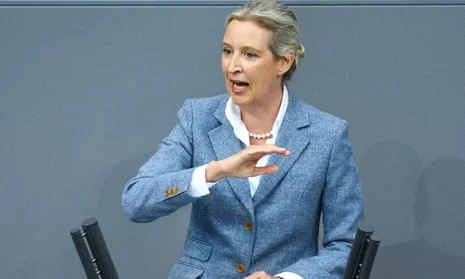
Germany’s Parliament Sees Historic Shifts with Increased Female Representation and AFD as Main Opposition
In a landmark event for German politics, the newly elected Bundestag convened for the first time, marking significant changes in the political landscape. The session is notable for the increased representation of women in the parliament, signaling a shift towards greater gender equality in German politics. This development was highlighted in a New York Times article, which discussed the rise of female politicians and their impact on policy-making and leadership roles within the country.
Simultaneously, the Alternative for Germany (AFD) has emerged as the main opposition party, a move that has stirred considerable debate and concern among political analysts and the public. Reports from The Guardian and DW highlighted the AFD's rise, noting their controversial stances and the implications for German and European politics. The presence of Maximilian Krah, a far-right wildcard from the European Parliament, in the Bundestag, was covered by Euractiv, adding another layer to the evolving political narrative in Germany.
This session of the Bundestag not only underscores the shifting dynamics within German politics but also reflects broader trends across Europe, where far-right parties are gaining ground while efforts to enhance gender diversity in politics continue to make strides.